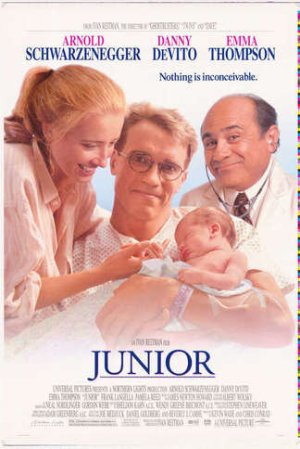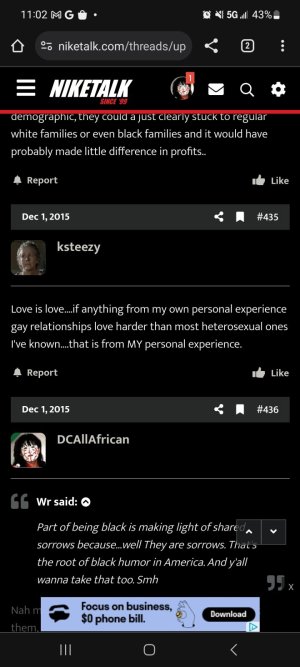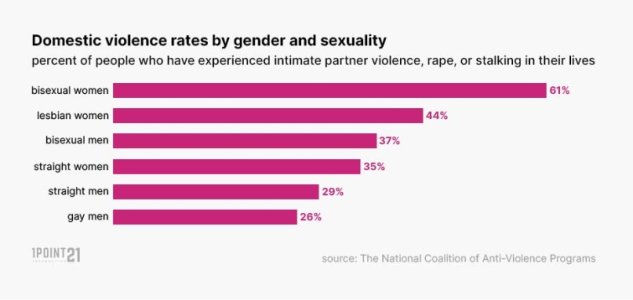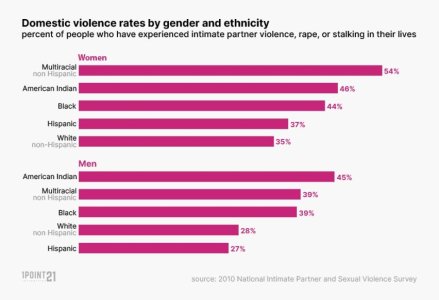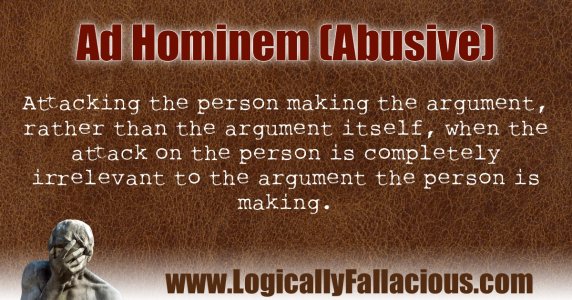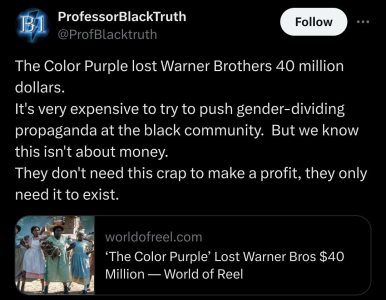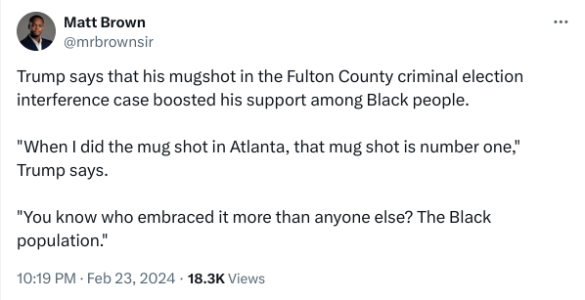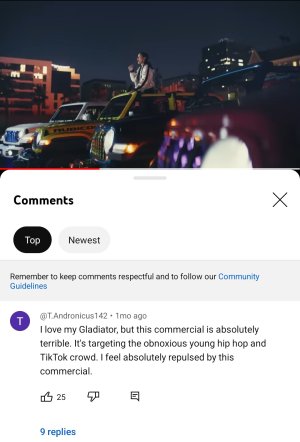- 10,459
- 8,935
- Joined
- Mar 4, 2011
American finance grew on the back of slaves
http://www.suntimes.com/news/otherv...-grew-on-the-back-of-slaves.html#.VB8fa_ldW75
http://www.suntimes.com/news/otherv...-grew-on-the-back-of-slaves.html#.VB8fa_ldW75
BY Edward E. Baptist and Louis Hyman March 7, 2014 12:32AM
Last weekend we watched the Oscars and, like most people, were pleased that “Twelve Years a Slave” won Best Picture. No previous film has so accurately captured the reality of enslaved people’s lives. Yet though Twelve Years shows us the labor of slavery, it omits the financial system — asset securitization — that made slavery possible.
Most people can see how slave labor, like the cotton-picking in “Twelve Years A Slave,” was pure exploitation. Few recognize that a financial system nearly as sophisticated as ours today helped Solomon Northup’s enslavers steal him, buy him, and market the cotton he made. The key patterns of that financial history continue to repeat themselves in our history. Again and again, African-American individuals and families have worked hard to produce wealth, but American finance, whether in the antebellum period or today, has snatched black wealth through bonds backed by asset securitization.
Recently, the assets behind these bonds were houses. In the antebellum period, the assets were slaves themselves.
Every year or two, somebody discovers that a famous bank on Wall Street profited from slavery. This discovery is always treated as if the relationship between slavery and the American financial system were some kind of odd accident, disconnected from the present. But it was not an accident. The cotton and slave trades were the biggest businesses in antebellum America, and then as now, American finance developed its most innovative products to finance the biggest businesses.
In the 1830s, powerful Southern slaveowners wanted to import capital into their states so they could buy more slaves. They came up with a new, two-part idea: mortgaging slaves; and then turning the mortgages into bonds that could be marketed all over the world.
First, American planters organized new banks, usually in new states like Mississippi and Louisiana. Drawing up lists of slaves for collateral, the planters then mortgaged them to the banks they had created, enabling themselves to buy additional slaves to expand cotton production. To provide capital for those loans, the banks sold bonds to investors from around the globe — London, New York, Amsterdam, Paris. The bond buyers, many of whom lived in countries where slavery was illegal, didn’t own individual slaves — just bonds backed by their value. Planters’ mortgage payments paid the interest and the principle on these bond payments. Enslaved human beings had been, in modern financial lingo, “securitized.”
As slave-backed mortgages became paper bonds, everybody profited — except, obviously, enslaved African Americans whose forced labor repaid owners’ mortgages. But investors owed a piece of slave-earned income. Older slave states such as Maryland and Virginia sold slaves to the new cotton states, at securitization-inflated prices, resulting in slave asset bubble. Cotton factor firms like the now-defunct Lehman Brothers — founded in Alabama — became wildly successful. Lehman moved to Wall Street, and for all these firms, every transaction in slave-earned money flowing in and out of the U.S. earned Wall Street firms a fee.
The infant American financial industry nourished itself on profits taken from financing slave traders, cotton brokers and underwriting slave-backed bonds. But though slavery ended in 1865, in the years after the Civil War, black entrepreneurs would find themselves excluded from a financial system originally built on their bodies. As we remind our students in our new online course American Capitalism: A History, African-Americans — unable to borrow either to buy property or start businesses — lived in a capitalist economy that allowed them to work, but not to benefit.
More recently, history repeated itself — or more accurately, continued. The antebellum world eerily prefigured the recent financial crisis, in which Wall Street securitization once again stepped in to strip black families of their wealth.
In the 1990s red-lining began to end and black homeownership rates began to rise, increasing the typical family’s wealth to $12,100 by 2005 — or one-twelfth that of white households. In those years, African-American family incomes were also rising about as rapidly as white family incomes. And yet, African-American buyers, playing catch-up after centuries of exclusion from the benefits of credit, still typically had lower net worth and credit ratings. They paid higher interest rates and fees to join the housing bubble, and so securitizing their mortgages brought enormous profits to lenders and investors.
Then the crash of 2008 came. By 2010, median African-American household wealth had plunged by 60 percent — all those years of hard work lost in fees, interest, and falling prices. For whites, the decline was only 23 percent, and those losses were short-lived. Lenders resumed lending to white borrowers, restoring the value of their assets. But African-American borrowers have had a much harder time getting new loans, much less holding on to property bought at securitization-inflated prices. Median white household wealth is now back up to 22 times that of blacks — erasing African-Americans’ asset gains over the preceding 20 years.
Recent foreclosures represent another transfer of wealth from African-Americans to the investors of the world. For the past 200 years, the success of American finance has been built on the impoverishment of African-American families. We should remember the heroic struggles of African Americans to get political equality, but to forget their exclusion from our financial system, except as a source of exploitation, is to miss a basic truth of not only black history but financial history.
Edward E. Baptist and Louis Hyman teach history at Cornell University.

 I really would like to compile a list of the banks and companies still standing today that profited off slavery so I know where not to spend my money.
I really would like to compile a list of the banks and companies still standing today that profited off slavery so I know where not to spend my money.


